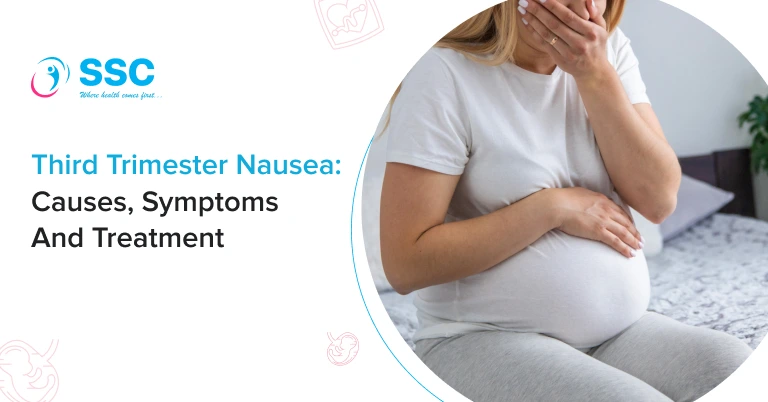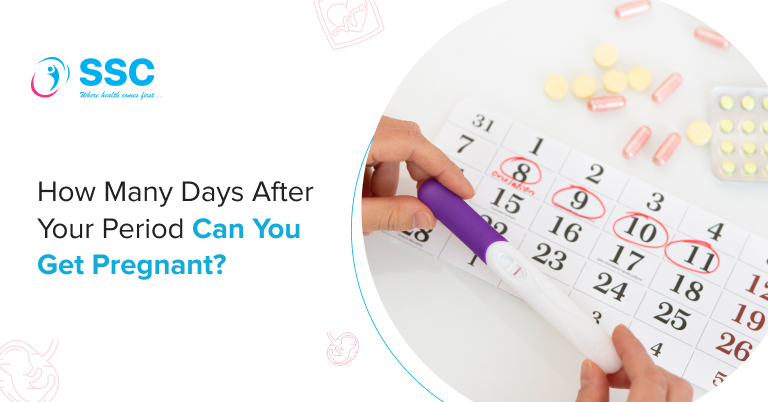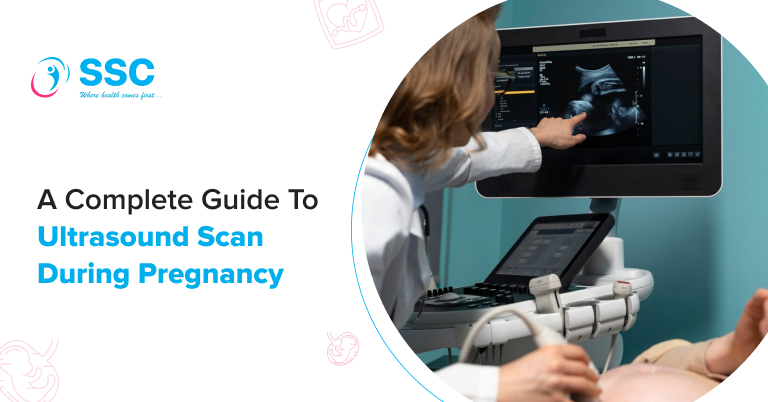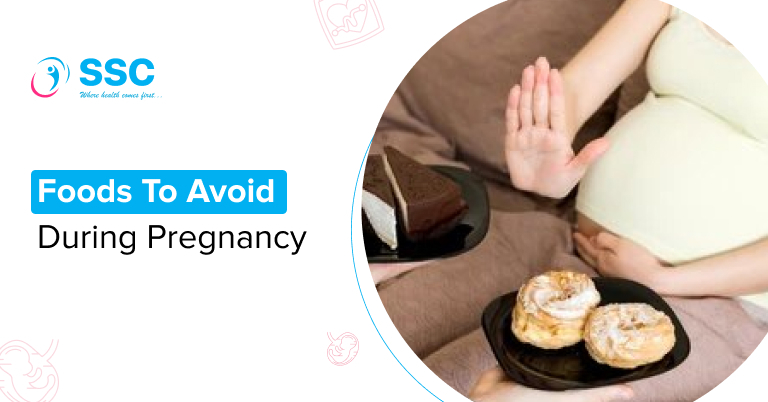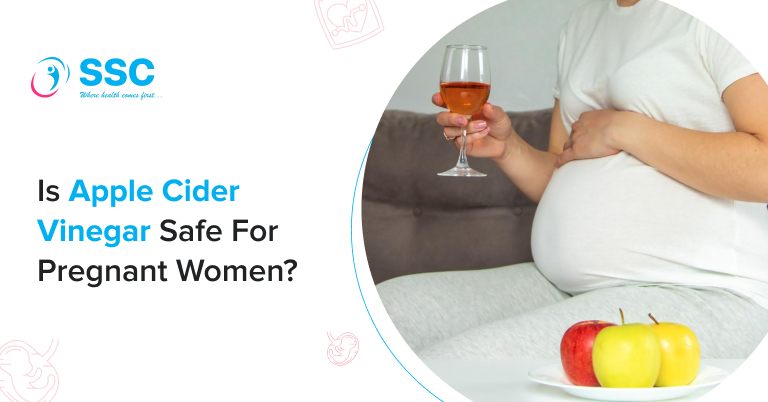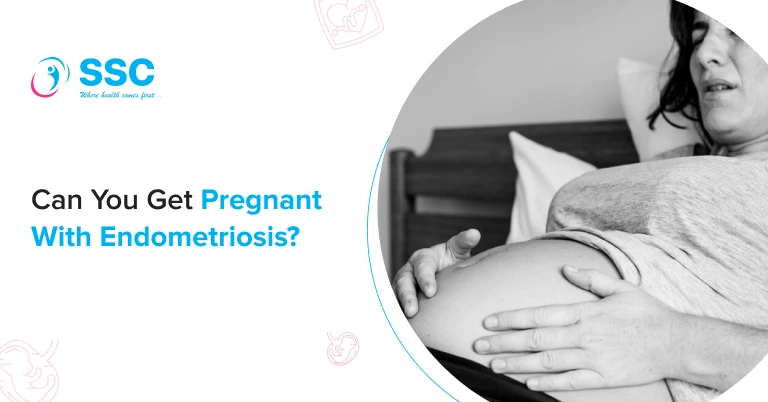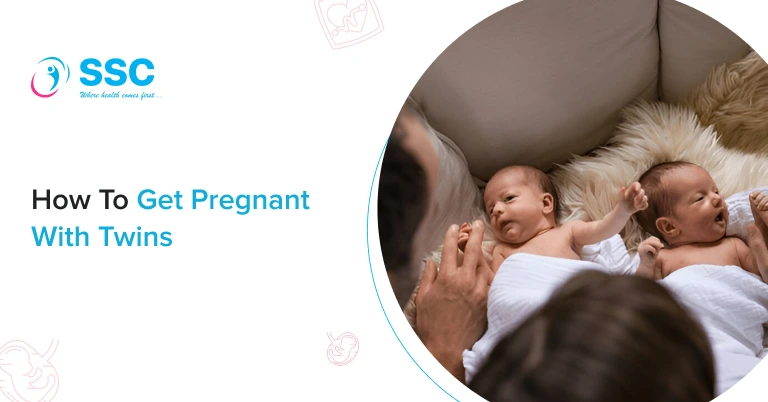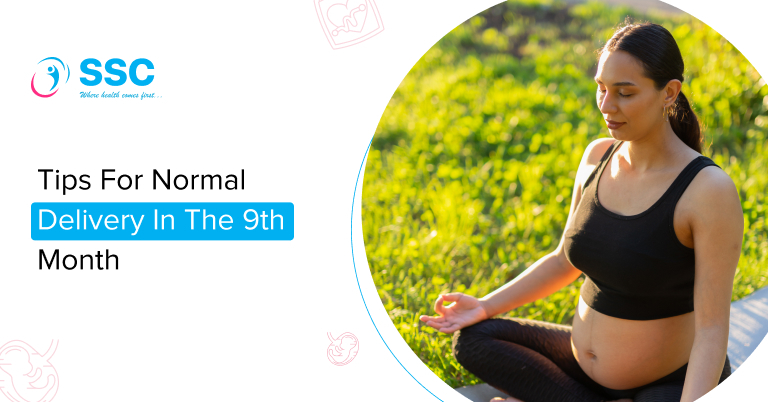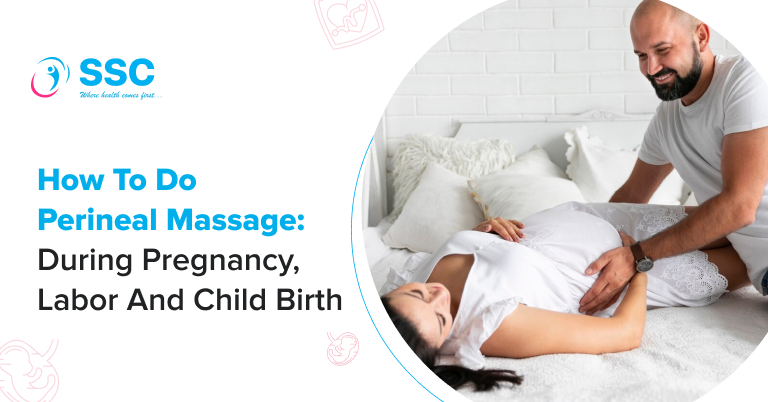When you’re in your thirties, you might see all kinds of fertility advice online—cutting out gluten, drinking green juice, or trying acupuncture. But do these really help? And how much can you actually control your fertility?
Simple lifestyle changes, like eating fewer refined carbs and staying active, support fertility. However, since everyone’s body is different, the best way to know what works for you is to talk to a healthcare professional who can guide you based on your needs.
Taking care of your body and making simple lifestyle changes can boost your chances of getting pregnant. Here are some helpful tips for getting pregnant after 30 years.
Top 10 ways to Get Pregnant at 30-35 years
1. Quit Alcohol:
Avoiding alcohol is important for improving fertility, especially when trying to conceive. Drinking too much can affect the balance of hormones, reduce the quality of sperm and eggs, and make pregnancy more difficult.
Additionally, alcohol affects sperm motility, ovulation, and general reproductive health. Alcohol may further lower fertility since it can alter testosterone and estrogen levels. Limiting or avoiding alcohol is the best way to improve your chances of getting pregnant.
Health professionals advise refraining from alcohol throughout pregnancy and while attempting to conceive.
2. Include antioxidant-rich foods in your diet
Antioxidants help to neutralise free radicals that might harm sperm and egg cells, potentially improving reproductive health. While there is limited data on their direct impact on fertility, several studies indicate that they may assist both men and women.
Eat a variety of nutritious foods to get more antioxidants. Some good sources include:
- Fruits: Berries, oranges, pomegranates, guavas, and papayas
- Vegetables: Spinach, carrots, bell peppers, beets, and sweet potatoes
- Nuts and Seeds: Almonds, walnuts, flaxseeds, and sunflower seeds
- Whole Grains and Legumes: Brown rice, lentils, and chickpeas
- Indian Superfoods: Amla (Indian gooseberry), turmeric, tulsi (holy basil), curry leaves, and moringa
These foods contain antioxidants such as vitamins C and E, folate, beta-carotene, and lutein, which may benefit overall reproductive health.
3. Track Ovulation Accurately
To increase your chances of getting pregnant, use accurate ovulation tracking methods instead of just relying on the calendar.
Use ovulation prediction kits (OPKs) – If you have a regular cycle, these are the most reliable because they detect an increase in luteinizing hormone (LH) that occurs 24–36 hours before ovulation.
Monitor Estrogen Levels – Since sperm can remain in the body for up to five days, OPKs that measure estrogen can help you identify your fertile window early.
Understand Kit Limitations – OPKs may not be effective for women with PCOS or limited ovarian reserve because their LH levels may already be elevated.
Try alternative methods – Monitoring your basal body temperature and cervical mucus, which becomes slick and stretchy prior to ovulation, can help you identify your most fertile days.
4. Reduce Your Stress
Stress may not directly cause fertility issues, but managing it can improve your reproductive health and well-being. Worrying too much about getting pregnant can add stress, which isn’t helpful for your body. Many people notice that when they relax and let go of the pressure, their body responds naturally.
Here are some easy ways to reduce stress
- Set clear boundaries – Keep work and personal time separate, like turning off emails after work.
- Practice relaxation techniques – Try deep breathing, meditation, or listening to calming music.
- Stay active – Gentle exercise like yoga, walking, or stretching can help you feel more relaxed.
- Get enough sleep – Aim for 7–9 hours of good sleep to keep your body and hormones balanced.
- Spend time with loved ones – Talking to family or friends can help ease stress and lift your mood.
- Enjoy hobbies – Activities like reading, painting, or gardening can help take your mind off stress.
5. Add Folic Acid to the Diet:
Adding folic acid to your diet is important for reproductive health, especially if you’re planning to have a baby. Folic Acid helps with DNA formation and cell growth, making it essential for the healthy development of the baby right from the start.
Here are a few folic acid-rich foods as follows:
- Leafy greens – Spinach, fenugreek leaves (methi), and mustard greens.
- Legumes – Lentils (dal), chickpeas, black beans, and green peas.
- Vegetables – Broccoli, beetroot, and Brussels sprouts.
- Fruits – Oranges, bananas, papaya, guava, and strawberries.
- Nuts & Seeds – Almonds, flaxseeds, sunflower seeds, and walnuts.
- Fortified foods – Whole grains, fortified cereals, and bread.
Research shows that taking folic acid supplements can help lower the risk of infertility and miscarriage while improving the chances of successful fertility treatments.
Adding a folic acid supplement to your daily routine is a simple way to support your reproductive health.
6. Keep a Healthy Weight
Assessing your Body Mass Index (BMI) is important for enhancing fertility, particularly for individuals aged 30 to 35 who are preparing for conception.
Maintaining a healthy weight is important for fertility because being too underweight or overweight can affect your hormones.
If you’re underweight, your body may not produce enough estrogen, and if you’re overweight, it can lower sex hormone-binding globulin (SHBG), which helps regulate reproductive hormones. A good target is to keep your BMI between 18.5 and 24.9.For instance, a recent study found that underweight women may have lower chances of success with fertility treatment.
7. Quit Smoking and Vaping:
Smoking and vaping can make it difficult to conceive because they impact hormone levels, egg quality, and sperm health. Both men’s and women’s fertility can be decreased by the toxins in cigarettes and e-cigarettes.
Giving up smoking or vaping can increase the likelihood of a healthy pregnancy if you’re trying to conceive.A report from the British Medical Association (BMA) found that women who smoke have a 40% lower chance of getting pregnant. In men, smoking can lower sperm count and cause sperm abnormalities, making it harder to conceive.
8. Reduce Carbs and Avoid Sugars:
For people attempting to conceive who are between the ages of 30 and 35, cutting back on refined carbohydrates can help increase fertility.
Consuming excessive amounts of white flour products and processed sugars can lead to hormone imbalances and insulin resistance, which can impair sperm quality in men and interfere with ovulation in women.
To maintain stable blood sugar levels and promote reproductive health, choose nutritious carbohydrates like fruits, vegetables, and whole grains.
Reducing refined carbohydrates can also help you keep a healthy weight, which is crucial for increasing your chances of getting pregnant.
9. Find the Right Balance in Your Exercise Routine
While exercise is beneficial to your health, too much or too little of it can interfere with your ability to conceive. While inactivity can also reduce your chances of getting pregnant, intense exercise might interfere with ovulation.
Finding the ideal balance is vital. Consult your physician to modify your workout routine to support your body better and increase your chances of becoming pregnant.
10. Have Sex Every Two Days to Boost Fertility
If you’re trying to conceive, having sex every two days can improve your chances. Sperm can live in the body for up to five days, so you don’t have to wait until ovulation day.
There is no strong evidence that daily intercourse reduces sperm quality. Still, every other day is a recommended frequency to maintain sperm health while giving you the best chance of pregnancy.
Is It Harder to Get Pregnant After 35?
Yes, it is a little harder to get pregnant after 35 as fertility naturally decreases with age. However, most women in their mid-to-late thirties can still get pregnant, especially with a healthy lifestyle that supports fertility.
In many cases, fertility treatments are used to help women in their forties or even fifties have children. However, it’s important to understand that a woman’s capacity to conceive starts to decline after the age of 30, gets more apparent after the age of 35, and then declines significantly in her forties.
Age is still a major factor in getting pregnant, even though medical assistance can be helpful.
Is pregnancy possible after 35 or 40?
Yes, you can get pregnant after 35 or 40, but it might take a little longer than in your 20s. Women are born with a set number of eggs, and each month, one is released during ovulation.
If it’s not fertilised, it’s lost and won’t be replaced. As you get older, the number and quality of eggs naturally decrease.
Tracking your ovulation and understanding your body’s fertility signs can help increase your chances of getting pregnant.
How to get pregnant naturally after 35 and over 40?
If you’re trying to get pregnant after 35, knowing when you ovulate can make a big difference. The fact that nearly half of couples attempt to conceive on days when pregnancy isn’t possible makes it difficult for many couples.
You only have a few viable days each cycle, so keeping track of them is beneficial. Ovulation tests check for a rise in luteinizing hormone (LH), which happens 24 to 36 hours before ovulation, showing your two best days to conceive.
Since sperm can live up to five days, your fertility window is about six days. Some tests also detect estrogen levels, helping you find more fertile days and improving your chances of getting pregnant.
Bottom Line:
Conceiving in your thirties is possible with healthy lifestyle choices and a positive mindset. Every journey is unique, so stay patient and trust your body’s natural ability to support pregnancy.
If you have any questions, feel free to consult with us, Sai Speciality Center, one of the best gynaecology hospitals in Bangalore, for expert guidance.
Frequently Asked Questions
How to Get Pregnant After 35 Naturally?
Maintain a nutritious diet with fertility-enhancing foods like leafy greens, nuts, and whole grains. Track ovulation using basal body temperature or ovulation kits for better timing. Prioritise overall well-being by reducing stress, getting quality sleep, and staying active.
What Are the Best Tips for Getting Pregnant Between 35-40?
- Fertility-Friendly Diet: Eat foods rich in antioxidants and healthy fats to support reproductive health.
- Ovulation Tracking: Use fertility apps or ovulation predictor kits to identify the best days to conceive.
- Maintain a Healthy Weight: Balance your diet and exercise to support hormonal health.
- Stress Management: Practice meditation, yoga, or light exercise to reduce stress levels.
- Medical Consultation: Seek a doctor’s advice if conception takes longer than six months.
Tips for Boosting Fertility:
Is It Possible to Get Pregnant Naturally at 37?
Yes, getting pregnant naturally at 37 is absolutely possible! While fertility does decline with age, many women conceive by maintaining a healthy lifestyle, tracking ovulation, and managing stress. If it takes longer than expected, a doctor can provide helpful insights and options.
What Are Some Helpful Tips for Getting Pregnant at 37?
Pay attention to your ovulation cycle and try to conceive on your most fertile days. Nourish your body with fertility-boosting foods like fresh fruits, vegetables, and healthy fats. Minimize processed foods, cut back on alcohol, and support hormonal balance with a healthy lifestyle.
What Are the Benefits of Having a Baby After 35?
- Emotional Readiness: Greater patience, stability, and confidence in parenting.
- Financial Security: A stable career and resources for a well-planned upbringing.
- Advanced Medical Support: Modern healthcare ensures safer pregnancies.
- Stronger Parent-Child Bond: More time and focus on nurturing and guidance.
Benefits of Having a Baby After 35:
How Can I Get Pregnant Fast at 39?
Track your ovulation and have regular, unprotected intercourse during your most fertile days. Improve egg quality with supplements like folic acid and a balanced diet rich in antioxidants. If conception takes longer than six months, consult a doctor for personalized guidance.
What Should I Know About a Second Pregnancy After 35?
Recovery may take more time compared to your first pregnancy, and there could be a higher risk of complications like gestational diabetes or high blood pressure. Staying active, eating a balanced diet, and focusing on core strength can support a healthier pregnancy. Regular checkups with your doctor will help monitor your health and discuss the best birthing options.
What Are the Early Signs of Pregnancy After 35?
Women over 35 may experience stronger pregnancy symptoms like fatigue, nausea, and dizziness. Early signs can also include implantation bleeding, breast tenderness, and changes in appetite. Consulting a doctor early ensures proper prenatal care for a healthy pregnancy.








